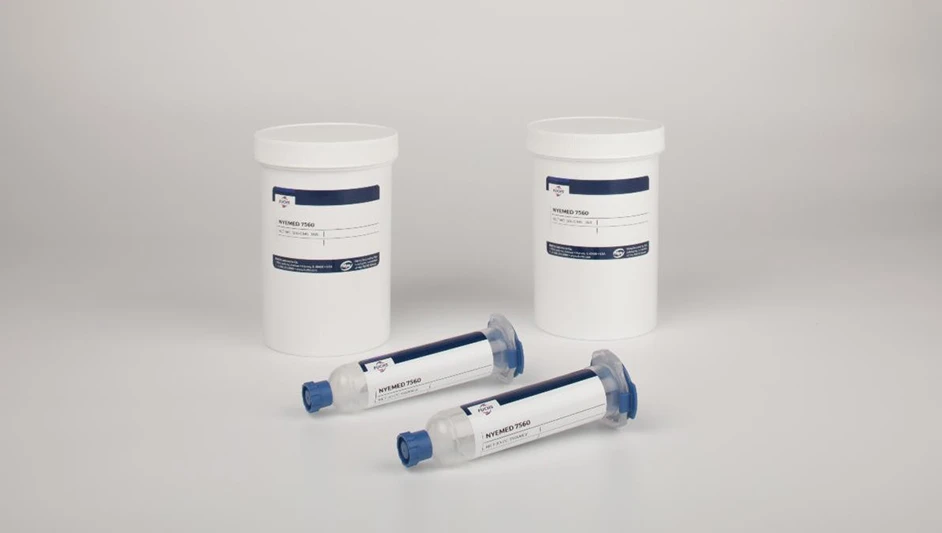
CREDIT: AUXILIUM BIOTECHNOLOGIES
Auxilium Biotechnologies, a leader in regenerative medicine and bioprinting innovation, has successfully deployed its revolutionary 3D bioprinter aboard the International Space Station (ISS). This cutting-edge platform is the first of its kind, making history by printing eight implantable medical devices simultaneously in just two hours.
By harnessing the unique properties of microgravity, the Auxilium Microfabrication Platform (AMP-1) can create medical devices with unmatched precision and efficiency. Microgravity provides advantages for bioprinting, including uniform material distribution and the ability to create finer, more intricate structures that would collapse under Earth’s gravity. These benefits are critical for implants that incorporate biological materials or therapeutic agents, delivering consistency and reliability that Earth-based manufacturing struggles to achieve.
The AMP-1 bioprinting system remains on the ISS, using lightweight cartridges preloaded with biological materials to print implants that are returned to Earth. It requires less than a minute of astronaut time per print session, minimizing costly labor valued at up to $130,000 per hour. The system’s lightweight cartridges ensure cost-effective and sustainable transportation via commercial resupply missions.
“The deployment of our bioprinter on the ISS is a landmark achievement for space biomanufacturing and Auxilium,” says Jacob Koffler PhD MBA, CEO of Auxilium. “AMP-1 is the most advanced 3D-printing platform ever sent to space, enabling us to develop regenerative medicine treatments that can transform patient care. This facility not only demonstrates the feasibility of mass 3D-printing production in space but also highlights the economic potential of space-based manufacturing. Bioprinting in microgravity will drive innovation benefiting life on Earth, aboard commercial space stations in Low Earth Orbit, and in future space exploration, including upcoming Moon missions.”
“This represents a leap in technological innovation,” says Isac Lazarovits, Auxilium’s director of engineering. “The installation of the printer on the ISS required only two minutes of astronaut time before it was fully operational – an impressive milestone in itself. For the first time, we have achieved a straightforward integration solution for a manufacturing facility in space. With AMP-1 now operational, we are advancing our biomanufacturing research and the development of regenerative medical devices at an unprecedented pace. We extend our gratitude to our partners at Space Tango and Invetech, who have worked closely with us to make this project a reality.”
AMP-1's initial applications focus on producing implants for peripheral nerve repair, with future milestones including preclinical animal testing and commercialization. In the near term, these implants will be used on Earth, while longer-term applications aim to support space exploration, including missions to the Moon, Mars, and beyond. The ability to bioprint implants in space could significantly improve medical care for the crew during long-duration missions.
Auxilium’s use of bioprinting in microgravity builds on NASA’s pioneering legacy in medical innovations, such as the LVAD (Left Ventricular Assist Device), enhanced digital imaging for MRIs and CT scans, and life-saving technologies like artificial heart defibrillators and insulin pumps. The AMP-1 has the potential to revolutionize medicine on both Earth and in space, further advancing space-based manufacturing's role in transforming medical solutions.
These cutting-edge bioprinting capabilities represent the next generation of space-based manufacturing. By leveraging funding from NASA’s InSpace Production Applications (InSpa) program, Auxilium has emerged as a leader in its category, commanding a strong market position and attracting investor interest. Auxilium’s success underscores the critical role of small businesses in shaping the future of space exploration and commercialization.
Latest from Today's Medical Developments
- Forkardt Hardinge strengthens market position with ATS Systems acquisition
- July is for learning – so drop in for this month’s second Manufacturing Lunch + Learn
- MMT expands capabilities with acquisition of Comco
- Essential strategies to protect your data
- TT Electronics achieves ISO 13485 medical certification at Mexicali EMS facility
- Boost productivity with Nidec's innovative MGC300
- Meet AEON: the future of humanoid robotics
- Okuma: Extraordinary Starts Where Limits End





